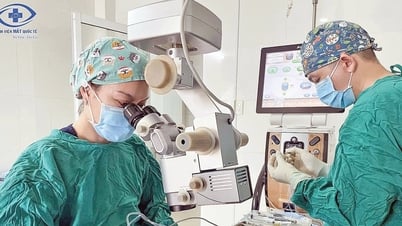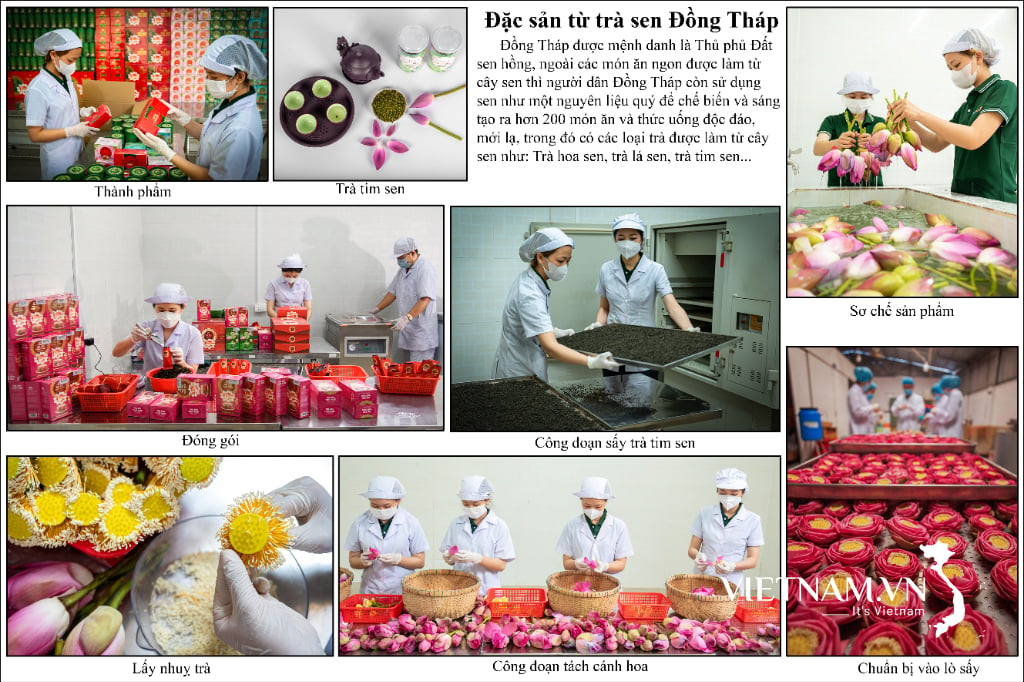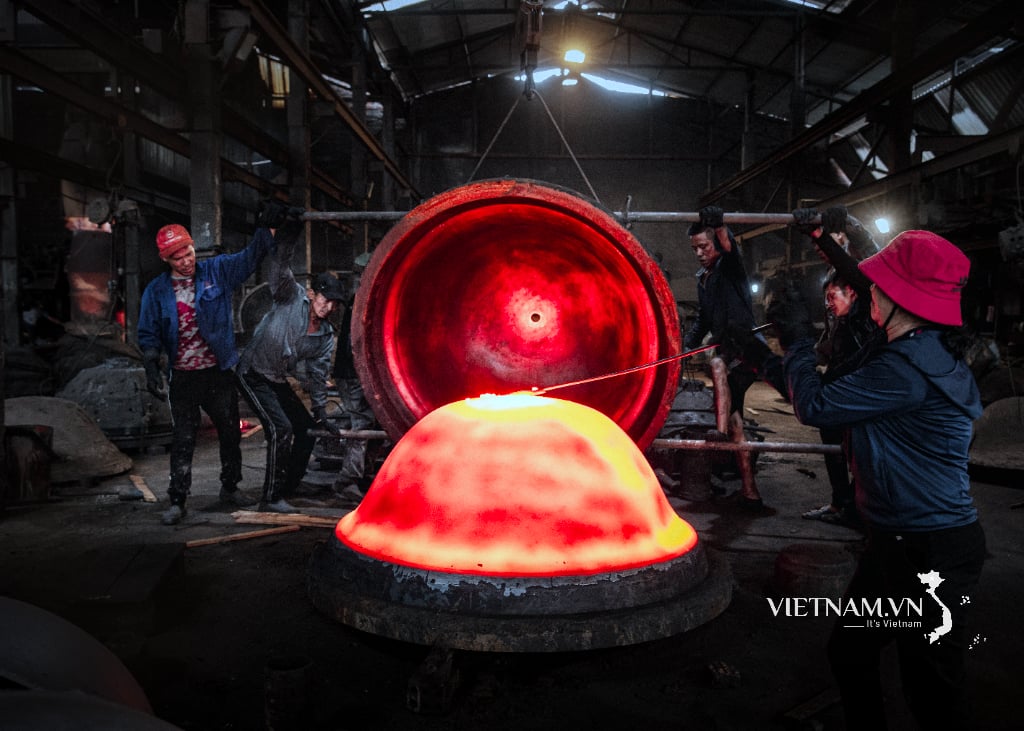When skin is wet for long periods of time, especially due to damp clothing, bacteria, such as Staphylococcus aureus, and yeast can thrive. The result is uncomfortable conditions such as inflammation of the skin folds and folliculitis, according to the health website Healthline (USA).
Changing wet clothes from the rain will reduce the risk of skin irritation and infection.
ILLUSTRATION: AI
Wet clothing increases friction between fabric and skin, and between skin areas, especially in areas such as the armpits, groin, and under the breasts. This friction leads to irritation and skin damage, allowing bacteria to enter, leading to dermatitis.
Meanwhile, folliculitis occurs when hair follicles become inflamed due to a bacterial or fungal infection. Wearing wet clothes for a long time can easily clog and damage hair follicles, eventually causing inflammation and forming red, itchy or pus-filled pimples.
To prevent this situation, after going out in the rain, people should handle it in the following ways:
Change clothes early to avoid catching a cold from wet clothes this rainy season
After getting wet from the rain, change into dry clothes as soon as possible. This helps reduce moisture on the skin and prevents the growth of bacteria and fungi.
Keep skin dry and clean
After changing clothes, dry your skin thoroughly, especially in areas with folds. Use a clean, soft towel to reduce friction and avoid damaging the skin.
Wear loose, breathable clothing
Avoid wearing tight-fitting or non-absorbent clothing. This is because these types of clothing retain moisture and cause friction. Choose clothing made of cotton or other absorbent materials to help keep your skin cool and reduce the risk of irritation.
Apply skin soothing measures
If you notice signs of folliculitis or mild irritation or rash, use soothing measures such as warm compresses, good hygiene and avoiding shaving or scratching. Specifically, warm compresses are applied using a warm towel to the affected area, thereby helping to reduce pain and swelling.
Practice good hygiene by washing the inflamed, irritated area with mild soap and warm water, then gently patting dry. Avoid scraping or scratching the skin as this can aggravate the inflammation and increase the risk of infection.
If your symptoms don’t improve after a few days or get worse, see your doctor for treatment. In some cases, the inflammation may require antibiotics or antifungal medications, according to Healthline.
Source: https://thanhnien.vn/mac-quan-ao-uot-sau-khi-di-mua-gay-hai-gi-185250607221013268.htm


























![[Photo] The 9th Congress of the Party Committee of the Office of the President, term 2025-2030](https://vphoto.vietnam.vn/thumb/1200x675/vietnam/resource/IMAGE/2025/6/20/78e7f27e8c4b4edc8859f09572409ad3)


























![[Maritime News] Wan Hai Lines invests $150 million to buy 48,000 containers](https://vphoto.vietnam.vn/thumb/402x226/vietnam/resource/IMAGE/2025/6/20/c945a62aff624b4bb5c25e67e9bcc1cb)











































Comment (0)